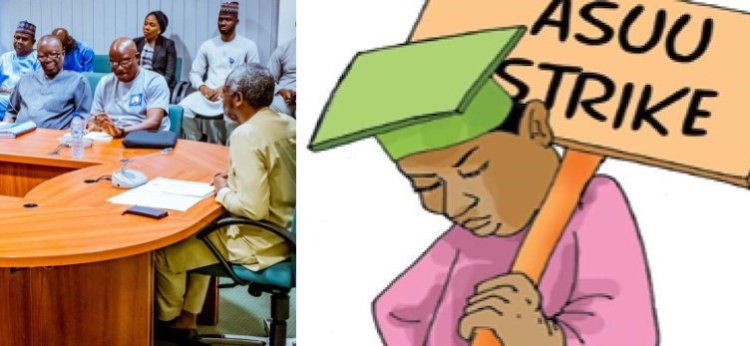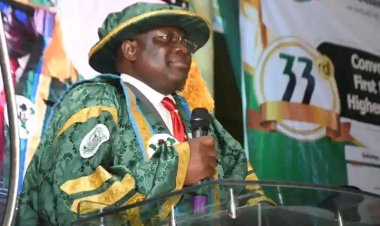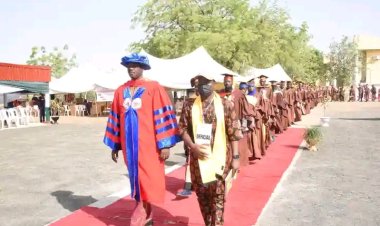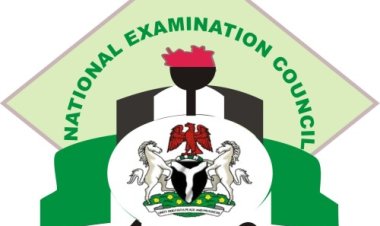New Education Crisis in Nigeria Continues as ASUU and FG Clash
The ongoing battle between the Academic Staff Union of Universities (ASUU) and the Nigerian government has escalated, leaving students and parents frustrated and disillusioned.

The ongoing battle between the Academic Staff Union of Universities (ASUU) and the Nigerian government has escalated, leaving students and parents frustrated and disillusioned. As the country grapples with economic challenges and political instability, the education sector remains caught in the crossfire.
RECOMMENDED: Unemployment benefit scheme differs from others - Senator argues
The ASUU strike, a recurring saga, underscores the precarious state of higher education in Nigeria. Lecturers, who play a critical role in shaping the minds of the nation’s youth, find themselves in dire circumstances. Despite their dedication and hard work, they often go unpaid for months on end. Meanwhile, the government’s promises to address their grievances appear empty and insincere.
Critics argue that while ASUU raises concerns about government negligence, the union’s actions fall short of effecting real change. Lecturers, torn between their commitment to education and their own survival, sometimes compromise their principles.
According to ASUU, “Nigerians should hold the federal and state governments responsible if the matter of governing councils is allowed to snowball into an avoidable industrial crisis.”
SUGGESTED: Bullied Student Sues School for 500 million, Netizens Applaud
This was following the President Tinubu's dissolution in June 2023, which stated, "President Bola Ahmed Tinubu, GCFR, has approved the immediate dissolution of the Governing Boards of all Federal Government Parastatals, Agencies, Institutions, and Government-Owned Companies in the exercise of its Constitutional Powers and in the Public interest."
As the ASUU-FG feud persists, parents face a difficult choice: public universities plagued by strikes or private institutions with hefty tuition fees. Those who can afford it opt for the latter, hoping to secure a smoother educational journey for their children.
Amidst Nigeria’s educational woes, there remains hope that someday, the leaders of tomorrow will emerge from a system that values their potential over politics and bureaucracy. Until then, the battle continues, and the youth wait for a brighter future.

 Zita Ezechi
Zita Ezechi 



